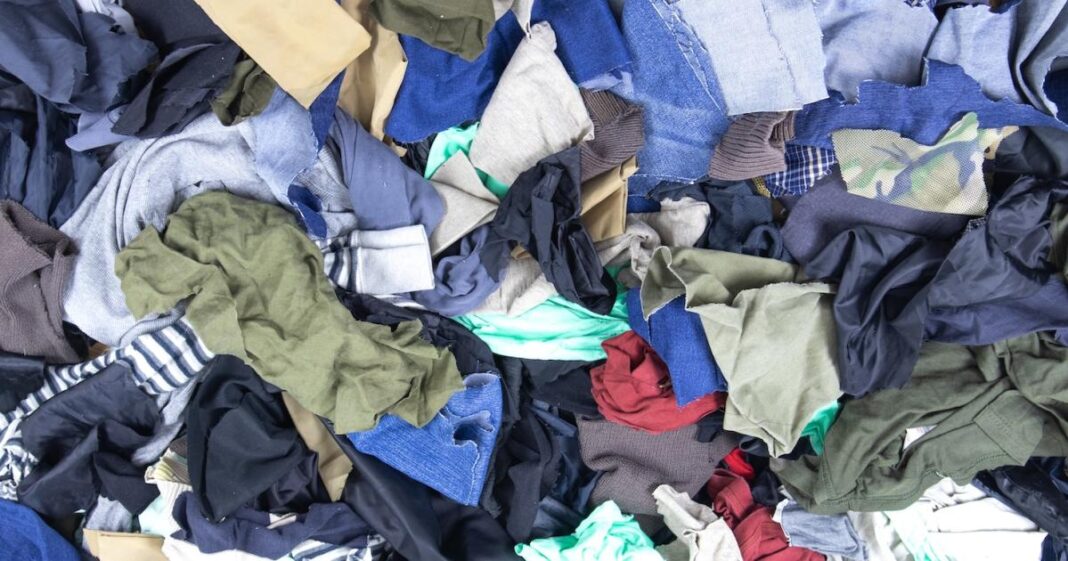True bipartisanship is a rare commodity in Congress these days. Seemingly going the way of the dodo, any bill co-sponsored by members of both parties warrants a close examination, if only to understand what issues Republicans and Democrats are willing to partner on.
The Americas Act, introduced in March by Sens. Bill Cassidy (R-La.) and Michael Bennet (D-Colo.), is one such piece of legislation. Formally titled the Americas Trade and Investment Act, the Americas Act expands trade capabilities and incentives between the U.S., Latin America and the Caribbean and is meant as a response to China’s economic dominance. It also proposes $14 billion to create a textile and manufacturing domestic circular economy.
Textiles include yarn, cotton, and wool and can range from the fabric in clothing to the upholstery in cars to the seams of baseballs — the reach of a truly circular U.S. textile manufacturing sector is massive.
What the bill proposes
The first focus of the proposed legislation is reshoring manufacturing supply chains that are currently in China. To do this, the bill suggests imposing increased tariffs on goods imported to the U.S. while simultaneously providing tax incentives to manufacturers that move their supply chains to the U.S.
The second is the proposed 15 percent tax reduction for any U.S.-based business involved with the collection, reuse, repair, recycling, renting or processing of textiles. The $14 billion breaks down into four pools:
- $10 billion will be made available for preferential loans for textile reuse and recycling;
- $3 billion in grants for textile reuse and recycle, manufacturing support programs and components, and machinery to aid with product transportation and processing;
- $1 billion in innovation program research and development related to textile use and recycling; and
- $100 million for a public education program.
Rachel Kibbe, CEO of Circular Services Group and American Circular Textiles Group, has been working with Cassidy and Bennet on the bill and lauded its potential.
“With the bold textile reuse and recycling incentive provisions in the Americas Act, organizations in our industry will be able to reinvest in jobs in the U.S. and compete globally,” said Kibbe in a recent interview, “[while] fostering an environment to cultivate private capital.”
The Americas Act has only just begun its path to potentially become a law, and its introduction during a presidential election year adds an additional barrier. But its timing is still opportune. Renewcell, a leading circular textile company that focuses on producing low-carbon, recycled fabrics to mass-market fashion, filed for bankruptcy in February. On June 4 it was announced that Altor, a Swedish private equity firm, acquired the company and renamed it Circulose.
